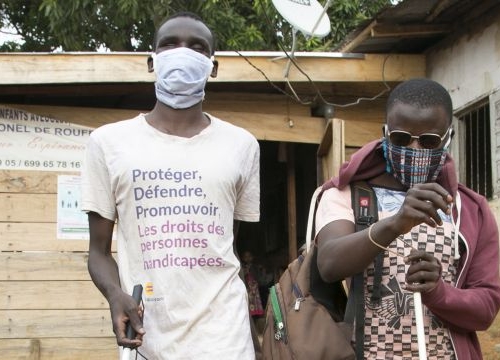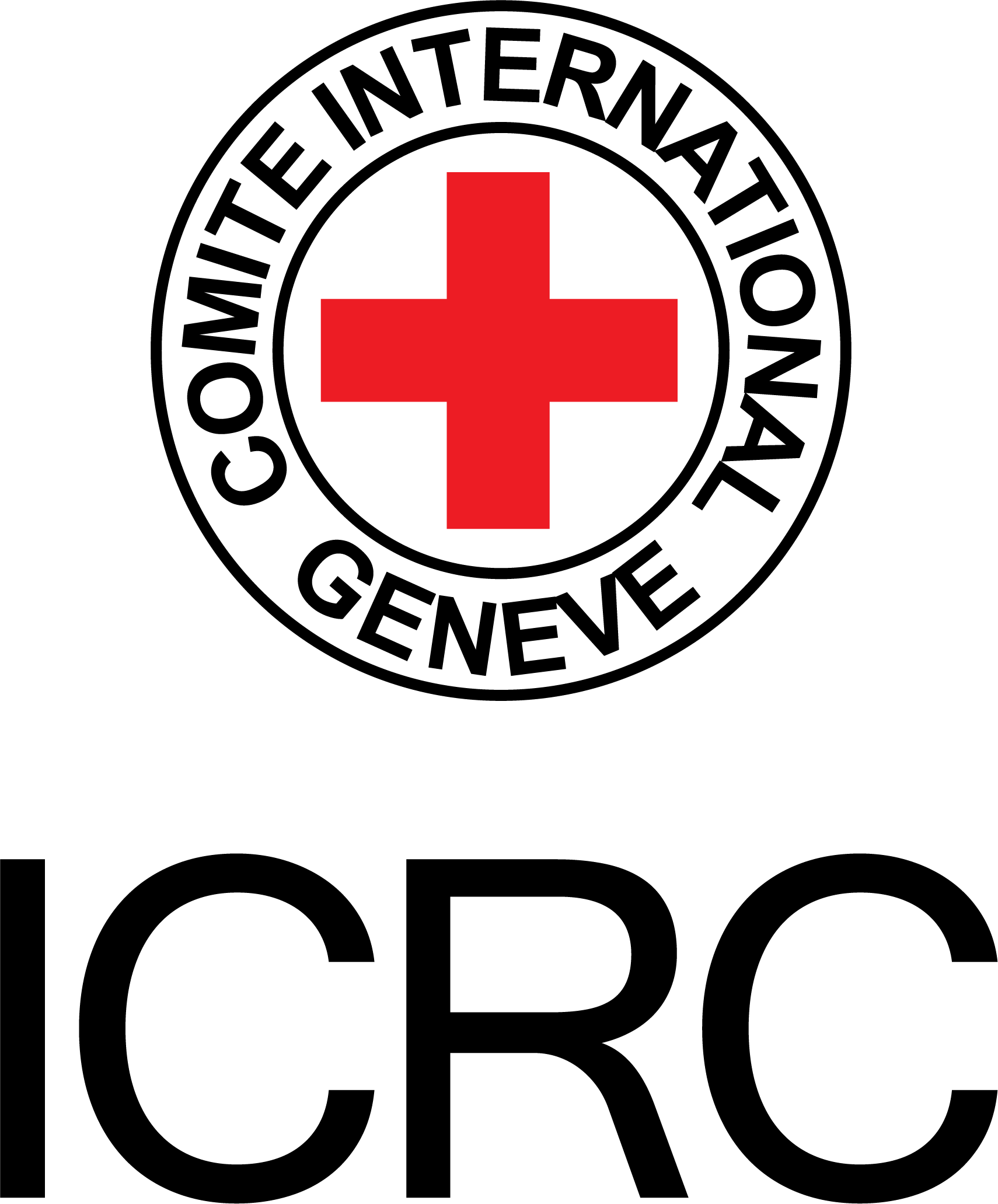Implementing Article 11 of the CRPD in Armed Conflict: Making Persons with Disabilities More Visible
Event


ICRC
Online Side Event
14th Session of Conference of States Parties to the Convention on the Rights of Persons with Disabilities
10:00–11:15, Eastern Time (US and Canada)

While it is generally estimated that they represent at least 15 percent of every population, the true extent of the challenges faced by persons with disabilities in armed conflicts is currently not precisely known due to a lack of disability-aggregated data. What is known, however, is that armed conflict disproportionately affects persons with disabilities.
Persons with disabilities face increased existing or new barriers regarding access to services and support in terms of water, shelter, sanitation, food, healthcare, education, rehabilitation or transportation. They may also not be able to flee ongoing military operations occurring near them and might be left behind by family members or other support persons, putting them at a greater risk of attacks and violence, including sexual violence.
This is despite the fact that Article 11 of the Convention on the Rights of Persons with Disabilities (CRPD) obliges States parties to take all necessary measures for the protection and safety of persons with disabilities in armed conflict in accordance with their obligations under international law, including international humanitarian law and international human rights law. Similarly, the UN Security Council in its Resolution 2475, which focused on the protection of civilians with disabilities, urged all parties to armed conflict to take measures in accordance with applicable international law obligations to protect civilians with disabilities.
The disproportionate impact of armed conflicts on persons with disabilities renders it necessary to make persons with disabilities more visible in the interpretation and implementation of international legal obligations applicable in armed conflict as well as humanitarian activities. For achieving this greater visibility and thus the ultimate inclusion of persons with disabilities in armed conflict, a multitude of stakeholders can play a positive and complementary role in working together towards that aim; including persons with disabilities and their representative organizations themselves, States, UN disability rights experts, humanitarian organizations, civil society or academia.
This online side event during the 14th Session of the Conference of States Parties to the Convention on the Rights of Persons with Disabilities (COSP 14), co-organized with the International Committee of the Red Cross (ICRC), will contribute to the discussion on COSP 14, complementing the roundtable discussion on ‘Protecting the rights of persons with disabilities in armed conflict and humanitarian emergencies’ by focusing on the necessary precautions in the conduct of hostilities, as exemplified lately in the Geneva Academy Working Paper Military Briefing: Persons with Disabilities and Armed Conflict.
Objectives
This side event aims at:
- Examining disability-inclusive interpretations of applicable international law, including international humanitarian law
- Exploring different avenues of supporting States parties in the implementation of their obligations under Article 11 of the CRPD
- Identifying experiences, lessons learnt and good practices in the implementation of Article 11 of the CRPD.
Guiding Questions
The following questions will guide the discussion:
- What can persons with disabilities and their representative organizations do to influence States and other actors to increase the visibility of persons with disabilities in military operations and humanitarian activities during armed conflict?
- How do States currently incorporate a disability perspective in their legal and policy frameworks pertaining to armed conflict? How can the integration of a disability perspective be ensured in military planning and operations?
- How can UN human rights bodies, especially the UN CRPD Committee and the UN Special Rapporteur on the rights of persons with disabilities, contribute to more concrete implementation measures relating to the protection and safety of persons with disabilities in armed conflict?
- How can humanitarian organizations improve their own capacities to assess and include the capacities and needs of persons with disabilities in their humanitarian activities, and contribute to more disability-inclusive interpretations of international humanitarian law?
- What can civil society and academia do to increase knowledge of the barriers and challenges faced by persons with disabilities in armed conflict and to help identify practical recommendations to address those barriers and challenges?
Moderation
- Gloria Gaggioli, Director, Geneva Academy and Associate/SNF Professor, Law Faculty of the University of Geneva
Panelists
- Damlani Basharu, Member of the CRPD Committee
- Michael Mwendwa, Disability Inclusion Adviser, ICRC
- Gerard Quinn, UN Special Rapporteur on the rights of persons with disabilities
- Shantha Rau Barriga, Deputy Executive Director and Founding Director of the Disability Rights Division, Human Rights Watch
- Elham Youssefian, Inclusive Humanitarian Adviser, International Disability Alliance
Interpretation, Closed Captioning and Sign Language
English-Spanish interpretation will be provided, along with closed captioning (English only) and international sign language.
Get Ready: Relevant Links
- Geneva Academy Working Paper Military Briefing: Persons with Disabilities and Armed Conflict designed to introduce militaries to the impact of their operations on persons with disabilities.
- Geneva Academy Publication Disability and Armed Conflict that brings attention to the devastating impact conflict has on persons with disabilities and, crucially, highlights that many of the key international humanitarian law (IHL) provisions that serve to minimize the impact of armed conflicts – such as the proportionality assessment and advanced effective warnings – are not being applied in a disability-inclusive manner, resulting in persons with disabilities being killed, seriously injured or left behind as families flee armed attacks.
Video
Implementing Article 11 of the CRPD in Armed Conflict: Making Persons with Disabilities More Visible
This online side event during the 14th Session of the Conference of States Parties to the Convention on the Rights of Persons with Disabilities (COSP 14), co-organized with the International Committee of the Red Cross (ICRC), contributed to the discussion on COSP 14, complementing the roundtable discussion on ‘Protecting the rights of persons with disabilities in armed conflict and humanitarian emergencies’ by focusing on the necessary precautions in the conduct of hostilities, as exemplified lately in the Geneva Academy Working Paper Military Briefing: Persons with Disabilities and Armed Conflict.










